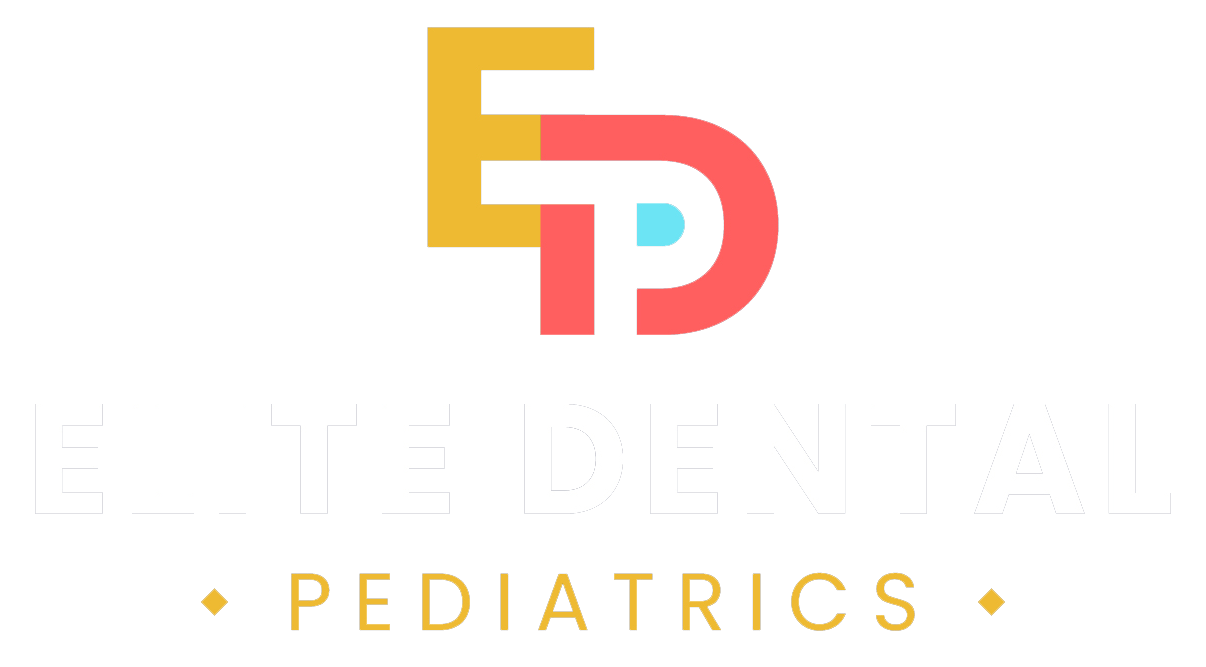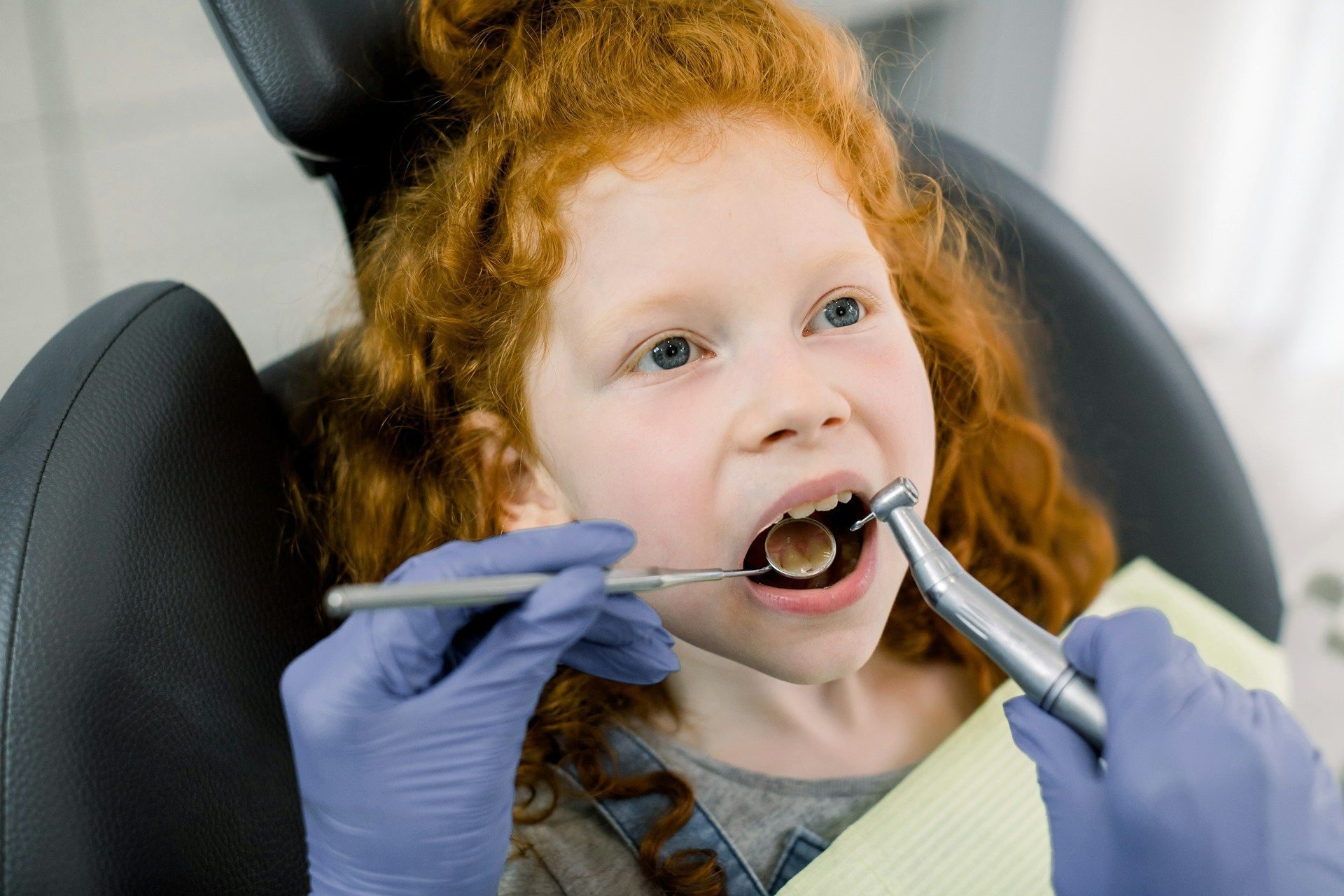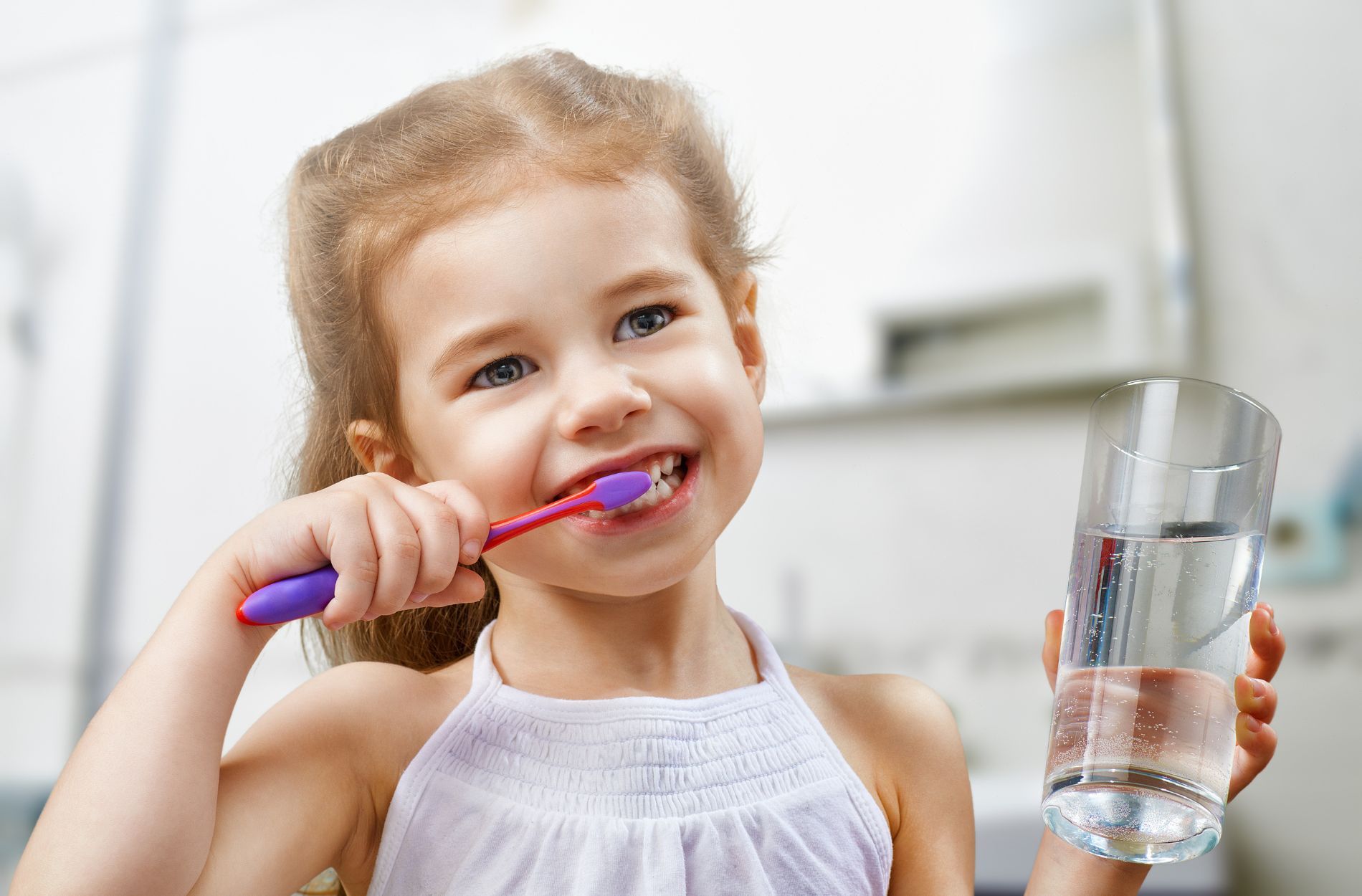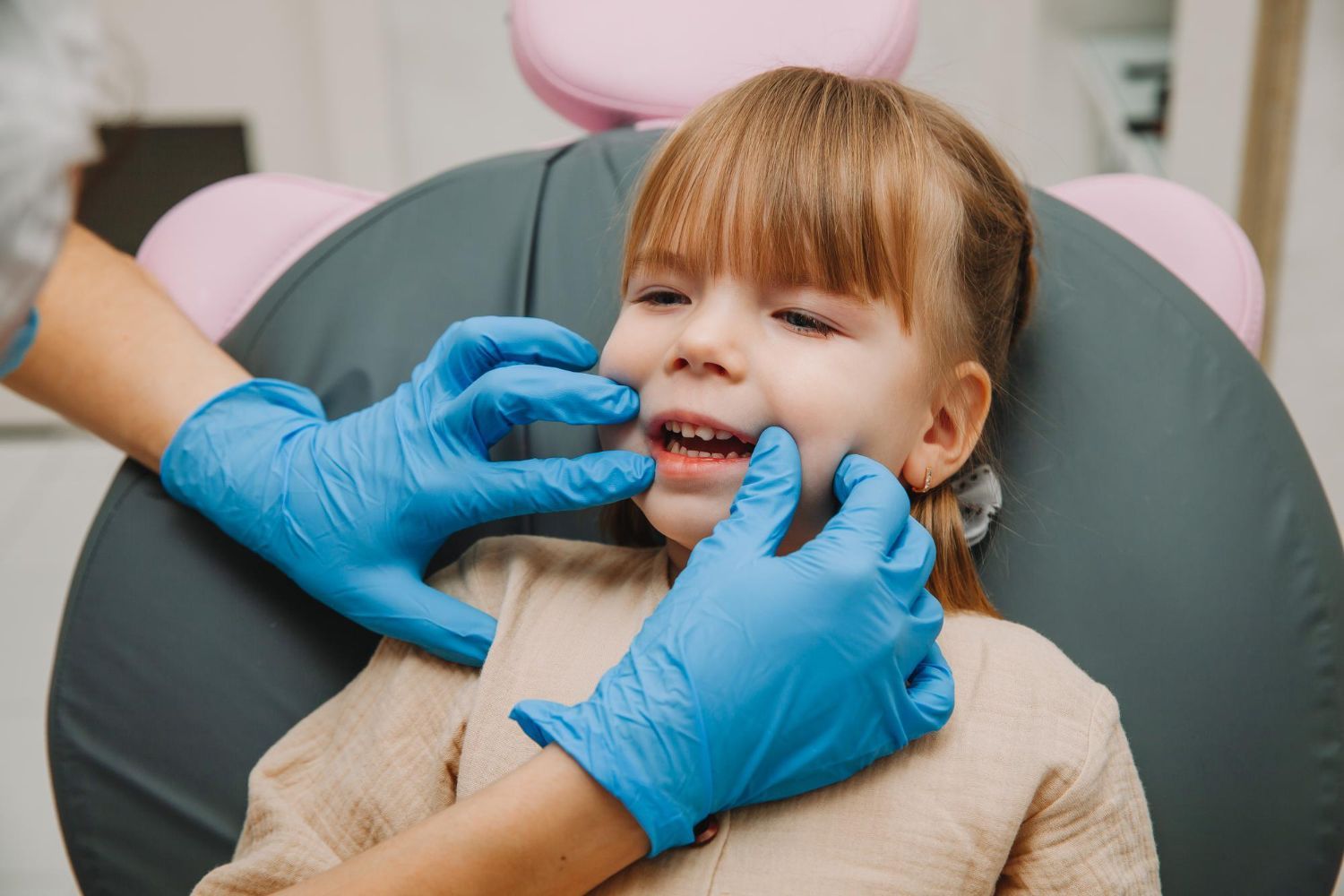Make Your Child's First Dentist Visit a Breeze
How to make your child's first dentist visit easy and stress-free with tips on preparation and choosing the right pediatric dentist.
Taking your child to the dentist for the first time can be both exciting and nerve-wracking. As parents, we want to ensure our children have a positive experience, setting the stage for a lifetime of good dental habits. The first visit is crucial because it helps your child get comfortable with the dentist and understand the importance of dental care.
Preparing for this initial visit involves more than just scheduling an appointment. It's about choosing the right pediatric dentist, preparing your child mentally and emotionally, and knowing what to expect during the appointment. By taking these steps, we can help reduce anxiety and make the experience enjoyable for our little ones.
Having a stress-free dental visit begins with making informed decisions. From finding a skilled pediatric dentist to engaging your child in fun, educational activities beforehand, every detail matters. This article will guide you through everything you need to know to make your child’s first dentist visit a breeze.
Choosing the Right Pediatric Dentist for Your Child
- Qualifications and Experience to Look For: When choosing a pediatric dentist for your child, start by checking their qualifications and experience. A pediatric dentist should have specialized training in treating children's dental issues. Look for a dentist who has completed a pediatric dentistry program and is board-certified. Experience with children, especially handling dental anxieties and specific pediatric dental problems, is an added advantage. An experienced pediatric dentist ensures your child receives the best care in a comfortable environment.
- Considering the Office Environment: The dental office environment plays a significant role in your child’s first dental visit. Look for a pediatric dentist whose office is kid-friendly, with colorful decorations, toys, and books to make children feel at ease. A welcoming environment helps reduce anxiety and makes the visit more enjoyable for your child. Consider visiting the office beforehand to see how the staff interacts with children and whether the atmosphere is inviting and comfortable.
- Reading Reviews and Getting Recommendations: Another effective way to choose the right pediatric dentist is by reading reviews and getting recommendations. Ask friends, family, or your child's pediatrician for suggestions. Online reviews can also provide insights into other parents' experiences. Look for consistent positive feedback about the dentist’s approach with kids, the friendliness of the staff, and the overall environment of the office. These recommendations can help you make an informed decision.
Preparing Your Child Before the Visit
- Talking Positively About the Dentist: Start preparing your child for their first dental visit by talking about the dentist in a positive way. Explain what the dentist does, emphasizing that they help keep teeth healthy and strong. Avoid using words that might cause fear, like "hurt" or "pain." Instead, describe the dentist as a friendly helper who looks at teeth and makes sure they are clean and healthy. Positivity from you can make your child feel more comfortable and less anxious about the visit.
- Reading Books and Watching Videos: Books and videos about going to the dentist can be a great way to introduce the idea to your child. Choose age-appropriate, positive stories that show characters having successful dental visits. Watching a video or reading a book together offers an opportunity to discuss what the dentist will do, helping your child understand and feel more at ease. These resources can make the dentist visit seem familiar and even fun.
- Practicing at Home: Role-Playing and Interactive Games: Practicing at home can help your child know what to expect during their dental visit. Role-playing a dentist visit, where you or a sibling acts as the dentist, can make the real visit less intimidating. Let your child use a toothbrush to examine a stuffed animal's teeth, or let them be the patient while you pretend to be the dentist. This interactive play can make the idea of going to the dentist seem like a game, reducing any fear or anxiety they may have.
What to Expect During the First Dental Visit
- The Initial Examination and What It Involves: During your child's first dental visit, the dentist will start with a gentle examination of their teeth, gums, and mouth. This initial checkup looks for any signs of decay, misalignment, or other issues. It's a straightforward, non-invasive process designed to make your child feel comfortable. The dentist may also clean your child's teeth, removing any plaque and giving them a fresh start.
- How Pediatric Dentists Make the Visit Fun: Pediatric dentists are skilled at making dental visits engaging and fun for kids. They use child-friendly language and often have toys, stickers, and games to distract and entertain your child. The goal is to create a positive association with dental care. Many offices also reward children with small prizes for being brave during their visit. This approach helps children look forward to coming back.
- Addressing Any Questions or Concerns: It's normal to have questions or concerns as a parent, especially during the first visit. Pediatric dentists encourage parents to ask questions about their child's dental health, hygiene practices, and any specific concerns. This first visit is an excellent opportunity to discuss how to care for your child's teeth at home and what to expect as they grow. Getting clear answers helps you feel more confident in managing your child's dental care.
Tips for a Smooth Dental Appointment
- Scheduling the Appointment at the Right Time: Choosing the right time for a dental appointment can make a big difference. Schedule the visit when your child is usually well-rested and in a good mood, like in the morning after breakfast or following a nap. Avoid times when your child is likely to be hungry or tired. A well-timed appointment means your child is more likely to be cooperative and calm.
- Bringing Comfort Items: Bringing along a favorite toy, blanket, or stuffed animal can provide comfort and reassurance for your child during their dental visit. These familiar items can help reduce anxiety and make your child feel more secure. Some dental offices even have TVs or tablets with cartoons to keep kids entertained during their appointment.
- Rewarding and Encouraging Your Child After the Visit: After the dental visit, offering praise and a small reward can reinforce the positive experience. Whether it's a special treat, extra playtime, or a fun activity, rewards encourage your child to view dental visits positively. Praising your child for their bravery and cooperation also boosts their confidence for future appointments.
Conclusion
Making your child's first dental visit a breeze involves careful planning, positive reinforcement, and choosing the right pediatric dentist. Early dental care is crucial for your child's overall health and sets the foundation for lifelong good oral hygiene habits. By preparing your child and ensuring a positive first experience, you help eliminate any fear and build a routine of regular dental visits.
At
Elite Dental Pediatrics, we understand the importance of creating a welcoming, fun environment for kids. Our children's dental services are dedicated to providing the best dental care for your little ones. Schedule your child's
first visit with us today and let us help make it a positive and enjoyable experience. Call Elite Dental Pediatrics to book your appointment now.










